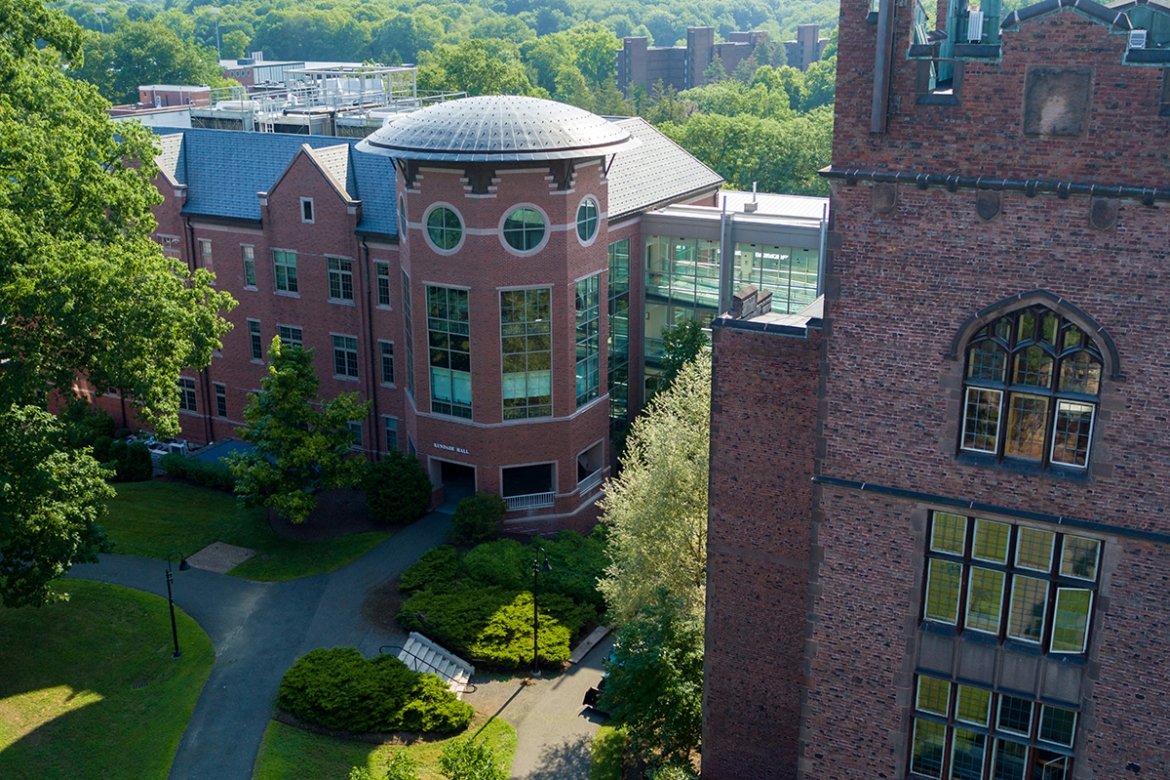Mount Holyoke champions next generation of STEM leaders

The latest Survey of Earned Doctorates report shows that Mount Holyoke College is one of the leading baccalaureate sources of women who earn scientific doctoral degrees.
Mount Holyoke College continues to be the top baccalaureate source of earned scientific doctorates by women.
From 1972 to 2022, Mount Holyoke graduated more women who went on to earn a doctorate in life sciences than any other college, according to a report from the Survey of Earned Doctorates. The SED census collects information on the educational history, demographics and the plans after graduation. The SED is sponsored by the National Center for Science and Engineering Statistics within the National Science Foundation as well by the National Institutes of Health, the Department of Education, and the National Endowment for the Humanities.
“As the leading gender-diverse women’s college, Mount Holyoke College continues to demonstrate the inextricable link between academic excellence and inclusivity,” said Mount Holyoke College President Danielle R. Holley. “From shattering glass ceilings to closing gaps in human understanding, we’re pushing past boundaries and championing the next generation of leaders.”
The SED report also shows that Mount Holyoke is now virtually tied with Wellesley College for the No. 1 spot in all STEM fields. Mount Holyoke is third (behind Bucknell University and Smith College) in engineering degrees earned and fourth (behind Wellesley College, Smith College and Barnard College) for baccalaureate sources of earned doctorates with the inclusion of psychology and social sciences.
“This is an incredible milestone,” said Lisa Sullivan, provost and dean of faculty. “These results demonstrate how our amazing faculty empowers our students to put their liberal arts education into action and build a better world for all.”
Jared Schwartzer, director of the Science Center and associate professor of psychology and education, said he is proud to be part of such a creative and inspiring team of scientists who push the limits on what it means to build rigorous and inclusive academic instruction.
“Our standing as a leader in STEM is attributed to our faculty’s relentless drive to innovate in the laboratory classroom,” said Schwartzer. “Let’s not rest on our laurels as we carry forward Mary Lyon’s legacy to shape the future of STEM education for our students.”
